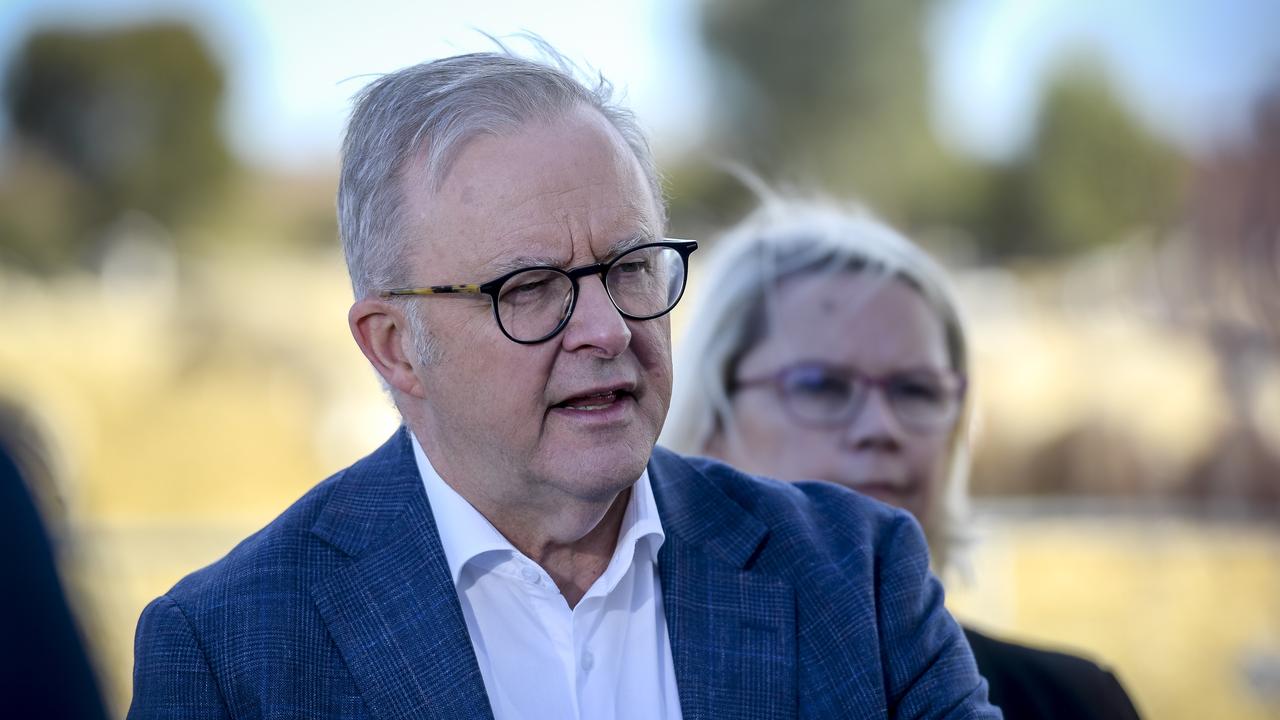Less than 10pc of cattle producers eligible to export to EU, despite deal nearing closure
The federal government said only a few thousands cattle producers had the necessary accreditation to export to the EU.
Momentum is growing for a free trade deal with the European Union - but Australian farmers may find they are not immediately able to take advantage of any increased beef quota under a possible agreement.
Fewer than 10 per cent of Australia’s beef producers are currently eligible to export beef to the EU, with access and quotas long being a key sticking point between the two countries.
Trade Minister Don Farrell met his EU counterpart, EU Commissioner for Trade Maroš Šefčovič, for the third time in as many months last week, on the sidelines of an Organisation for Economic Cooperation and Development summit in Paris.
Mr Farrell said the pair were working through the remaining issues to finalise the deal.
”There was a lot of goodwill in the air in Paris last week. I’m confident that if that goodwill continues, that we can secure a new free trade agreement with the European Union,” Mr Farrell told Sky News.
But the number of Australia’s beef producers currently eligible to export beef to the EU, under its EU Cattle Accreditation Scheme, are few.

A Department of Agriculture, Fisheries and Forestry spokeswoman said 3316 producers were accredited at the start of June.
She said an additional 120 farms had been accredited this year, but the overall total was down on the 3579 farms accredited under EUCAS as of July 2020.
The EU has been lauded as a potential winner for Australian beef exports under any new agreement, which stalled two years ago largely over quotas for Australian agricultural goods.
In 2024, Australia exported 6772 tonnes of beef worth $182m, making up just 4 per cent of all EU beef imports.
In comparison, the US exported $235m of beef to the EU, making it its eighth biggest export market.
But beef did not feature in the top 10 agricultural exports by value from the US to the EU, with the biggest earners tree nuts, soybeans and distilled spirits.
Meat and Livestock Australia market insights manager Amy Chow said Australia’s access to the EU beef market “is in stark contrast to the majority of other export markets, which have largely liberalised trade”.
“Transformation of punitive EU market access – low volume import quotas and high out of quota import tariffs – will be an important component of ongoing Australia-EU free trade agreement negotiations,” she said.
Ms Chow said the relative wealth of EU consumers, as well as the tough import rules, meant imports were much more valuable than the global average.
“Exports tend to consist of loin cuts, and chilled beef makes up a considerably larger percentage of imports than the global average,” she said.




